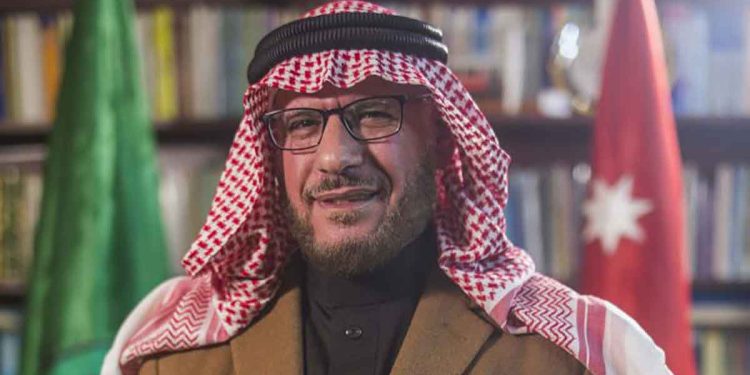In a deeply concerning development for civil liberties and legal safeguards in Jordan, cases of administrative detention and prolonged arrest without charge continue to target respected religious, educational, and civic figures — without fair trials or formal accusations.
These detentions do not involve individuals with criminal records or links to unlawful activity, but rather respected public personalities — teachers, preachers, educational experts, and long-serving community leaders who have played key roles in building Jordan’s social and educational institutions over decades.
Among those currently held are 73-year-old Sheikh Ahmad Al-Zarqan, former mayor of Tafileh; prominent preacher Dr Ghazi Al-Dweik; public administration scholar Dr Ibrahim Al-Mansi; and historian Ibrahim Al-Yamani — all of whom are known solely for their charitable and civic work.
Also named among the detainees are Dr Salman Al-Masaeed, a member of the Jordanian Nurses and Midwives Association known for his humanitarian efforts; media professional and educational trainer Mustafa Saqr; curriculum expert Dr Ayman Sunduqah; and young preachers and activists such as Tareq Al-Ruqab and Abdulrahman Al-Juhani.
Reports indicate that these arrests — often described as “administrative” or “preventive” — are linked to social media posts, participation in peaceful public events, or expressions of solidarity with wider regional causes. In most cases, detainees are not referred to court, and remain in custody without formal charges or due process.
This pattern of detention is having devastating consequences on families, stripping children of their parents and depriving households of their main source of income. The social networks around these individuals collapse, creating deep feelings of injustice and oppression.
The impact of such repression does not stop with the individuals detained — it extends to their local communities, which lose vital voices in education, religious guidance, and civil service.
This situation comes at a time when the region is facing growing pressure on public freedoms. Jordan — once seen as preserving a margin of civil space and political stability — now appears to be reversing that course. The continued use of preventive detention and suppression of peaceful expression, even on local matters, points to a troubling contradiction that is fuelling public anxiety.
The detention of individuals with no prior offences, solely over peaceful views, charitable work, or religious affiliations, reflects a pattern of legal abuse that undermines justice and erodes the relationship between citizens and the state — particularly when the detainees include educators and religious leaders who have long advocated patriotism and public service.


























